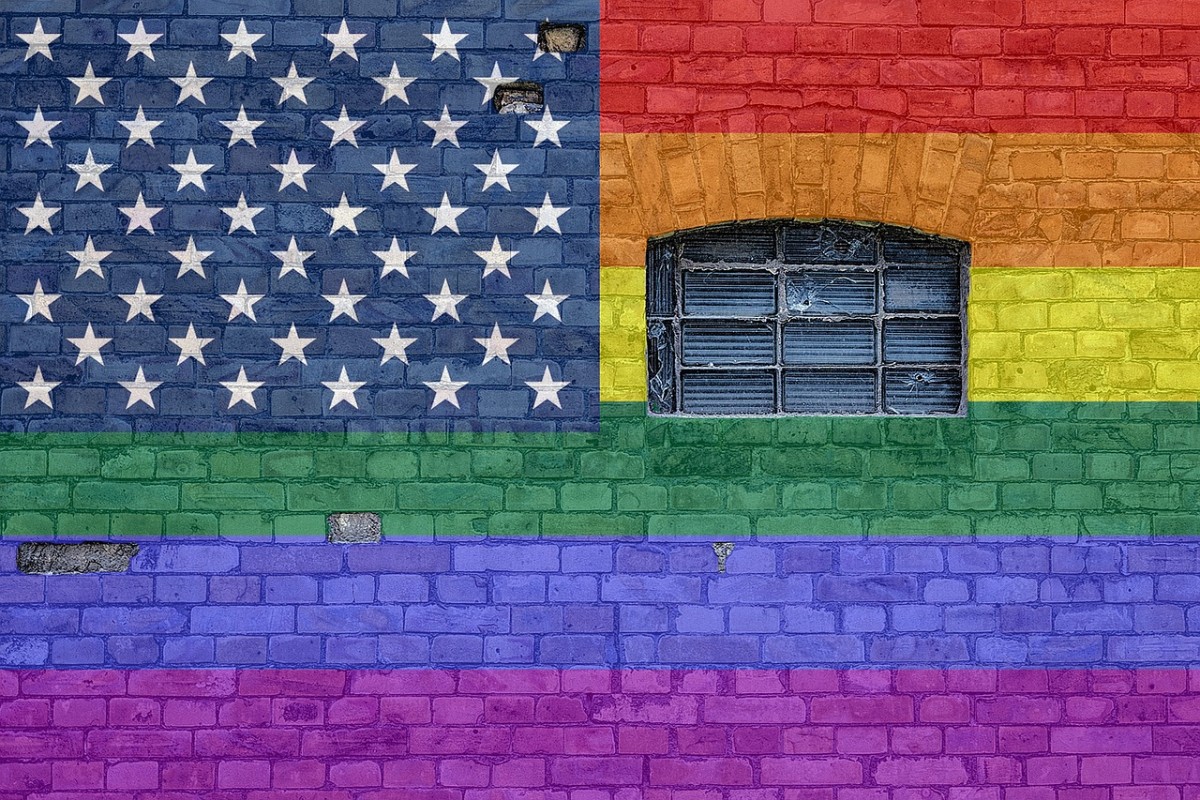By Andy Brack, editor and publisher | South Carolina is just one of four states without a law that punishes people who violently lash out against others or property because of hate. Rep. Beth Bernstein, D-Columbia, is working to build a coalition of lawmakers to change the status quo — and soon.
 “Tragic events like the Mother Emanuel church shooting [in Charleston] and the Pittsburgh synagogue shooting highlight the need for hate crimes legislation in our state,” she told Statehouse Report. “Those incidents represent some of the most heinous crimes, and they were committed based solely on who the victim is as a person.”
“Tragic events like the Mother Emanuel church shooting [in Charleston] and the Pittsburgh synagogue shooting highlight the need for hate crimes legislation in our state,” she told Statehouse Report. “Those incidents represent some of the most heinous crimes, and they were committed based solely on who the victim is as a person.”
In 2017, more than 2,000 law enforcement agencies around the country reported 7,175 incidents of hate crimes involving 8,437 offenses, according to FBI data. Incidents included 15 murders and 23 rapes motivated by hate against someone’s race, religion, gender or something else. More than 1,000 incidents reported were because of someone’s sexual orientation.
The bureau says investigating hate crimes is one if its highest priorities because of the “devastating impact” they have on families and communities. But it emphasizes hating isn’t a crime. And thanks to the First Amendment, hate speech is protected. But when hate blends with criminal action, things change.
“A hate crime,” the bureau explains, “is a traditional offense like murder, arson, or vandalism with an added element of bias” against someone or their property when motivated by bias due to the color of someone’s skin or their religion, sexual orientation, gender or gender identity.
While there’s a federal law on hate crimes, having a state law would give more authority to local law enforcement officials to investigate alleged hate crimes.
“As a lawmaker, I feel it is incumbent on me to find ways to protect our citizens against these types of crimes,” Bernstein said. “We need to have laws that protect us all from hate-motivated violence, and as the only Jewish member of the General Assembly, this issue is very personal for me.
“Hate crimes take a tremendous physical and emotional toll on the victim and the victim’s community at large, and by remaining silent on this issue, it will ultimately damage the fabric of our society and fragment our communities. Hate crimes legislation should be a priority this session.”
Bernstein says she will pre-file a two-page bill later this month that will emulate a Wisconsin law found to be constitutional. Rather than trying to get a separate hate crimes bill passed — a proposal which hasn’t found success in the past two decades in South Carolina — Bernstein said she would focus on increasing penalties for crimes already on the books if hate is a factor in the offenses.
“This legislation would enhance the penalty for crimes in which a criminal defendant was ‘motivated by’ or had ‘prejudice based on’ the actual or perceived membership of their victim in certain categories,” she said. Under the proposal, anyone convicted of a violent crime with bias would face a “special verdict” of up to an additional five years in jail. And victims could get civil damages up to $25,000 per incident.
Efforts by Bernstein and like-minded lawmakers should have support from SC Equality and its coalition, both of which work to advance human and civil rights of LGBT South Carolinians.
“We’re having conversations one by one with legislators to show with verifiable fact that discrimination exists, it is rampant, and it is a problem that the South Carolina General Assembly must resolve,” said Charleston’s Jeff Ayers, the organizations’ executive director. “I understand the challenges with passing a hate crime bill in Columbia next year. However, I feel strongly that if we use a grassroots approach, we can successfully put pressure on legislators to move a bill forward. And one that includes sexual orientation and gender identity.”
Ayers understands some lawmakers’ religious convictions may be an obstacle to progress.
“As Christians, respecting one’s neighbor and showing compassion for all are fundamentals of the faith. Being respectful of each other, regardless of age, race or sexual identity, does not have to be a religious issue. It simply has to be a human issue. And Christians should be on the front row cheering for love and humility to all.”
Amen.
- Andy Brack’s latest book, “We Can Do Better, South Carolina,” is now available in paperback and for Kindle via Amazon.
- Have a comment? Send to: editor@charlestoncurrents.com





 We Can Do Better, South Carolina!
We Can Do Better, South Carolina!
























